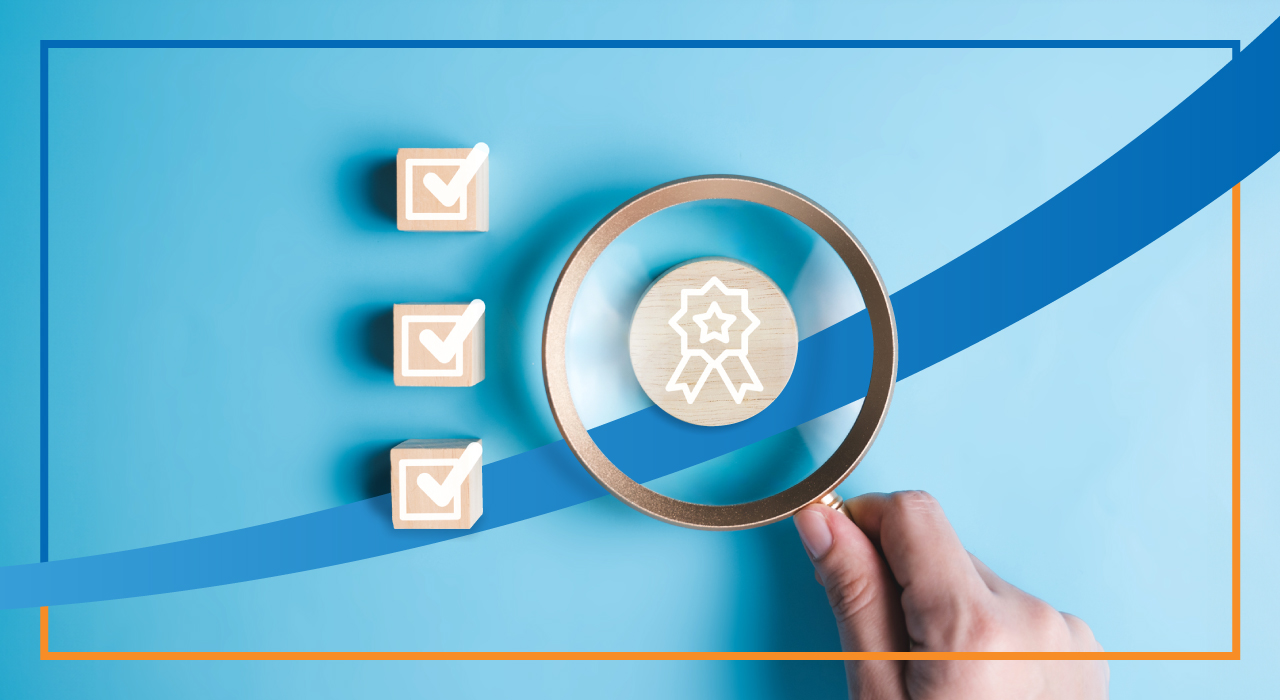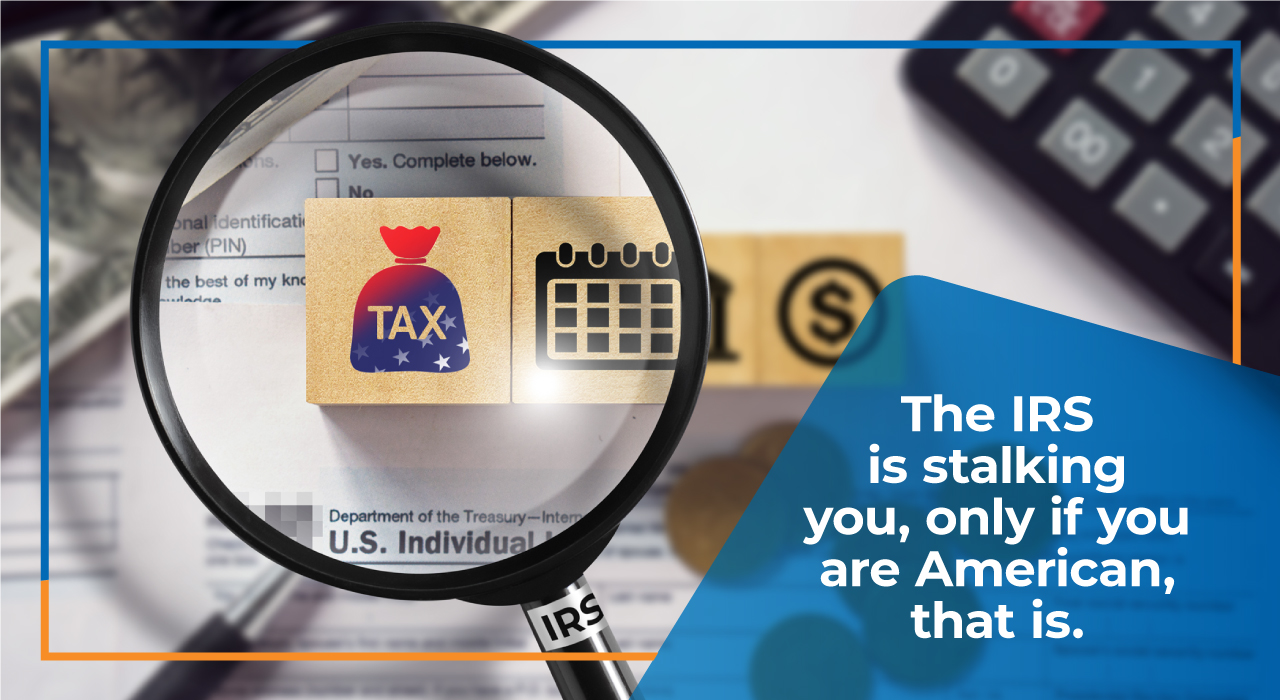Certifications are critical for businesses. They are not just frames that decorate the company’s walls but the ultimate test of quality and compliance. Among the most sought-after certifications is ESMA – Emirates Authority for Standardization & Metrology.
For businesses in the United Arab Emirates (UAE), compliance with the Emirates Authority for Standardization & Metrology (ESMA) regulations is a requirement and a strategic imperative.
ESMA (UAE) Certificate. Upholding UAE product standards
ESMA in UAE, also known as ESMA UAE, is the UAE government’s federal authority. ESMA is the government body that regulates the certification of various products within the country. ESMA oversees vast, diverse sectors ranging from food products to IT equipment. The principal purpose of ESMA certification is to maintain product quality and align with international hallmarks.
ESMA UAE and its Accreditation Systems:
ESMA UAE is the government agency responsible for setting standards and regulations for various products sold in the UAE. It operates through these primary accreditation systems:
- The Emirates National Accreditation System (ENAS)
- The Emirates Conformity Assessment Scheme Certificate
- The Emirates Quality Mark (EQM)
Emirates National Accreditation System (ENAS):
ENAS is the system’s quality assurance branch. ENAS doesn’t directly certify products. Instead, it evaluates independent conformity assessment bodies (CABs). These accredited bodies are then authorised to issue the actual ESMA certificates (ECAS or EQM) on behalf of ESMA. In essence, ENAS ensures these independent bodies are competent to perform the product evaluations.
ECAS Certificate (Emirates Conformity Assessment Scheme):
This certificate is mandatory for product categories under the ESMA UAE. It signifies that a product has been assessed and meets ESMA’s minimum safety and quality standards.
Emirates Quality Mark (EQM):
This is the mark of approval a product receives after successful ECAS certification. The EQM signifies that the product meets the highest level of UAE standards and goes beyond basic safety ECAS requirements. Not all products require the EQM, which means a significant quality achievement.
While EQM is the highest mark of quality, ECAS is the minimum quality approval certificate.
Certificate of Conformity (ECAS): A Prerequisite for Market Entry:
An ECAS certificate, short for Emirates Conformity Assessment Scheme certificate, is a seal of approval from the UAE government. It signifies that your product has been assessed and meets their mandatory safety and quality standards. This is often mandatory for legally selling your product in the UAE. It also gains your consumers’ confidence in product safety and smoothes your business customs clearance. While the ECAS certificate from ESMA UAE is essential, there’s an even more prestigious mark—the EQM—indicating exceptional quality. The ESMA certification is essential for local manufacturers and traders importing products into the UAE.
Application Process: What you need for ESMA UAE certificates
Obtaining the expertise of ISO consultants can streamline the lengthy and time-consuming ECAS application process. A systematic approach ensures a hassle-free ESMA certification journey from document submission to fee payment. Manufacturers and traders must provide essential documents such as a valid UAE industry/trade license and test reports from accredited laboratories.
Diverse Certification Categories
ESMA certification encompasses various product categories, from electrical equipment to cosmetics and organic food. Each category adheres to specific quality standards. The Esma UAE has various labels and marks that assist in analysing the certification stage.
After ECAS certification
Securing ECAS certification is just the beginning; maintaining compliance is an ongoing endeavour. Renewal of accreditation annually is mandatory, ensuring continuous adherence to standards. Additionally, suppliers must register products with ESMA UAE before market entry, facilitating smooth customs clearance and port inspections.
After ECAS, you can consider EQM for your products. Awarded to products complying with international standards, EQM is a three-year renewal certificate. It signifies a commitment to continuous improvement and consumer satisfaction. While only mandatory for certain products, such as bottled water, its voluntary nature underscores a manufacturer’s dedication to exceeding regulatory requirements.
To quickly understand the ESMA certification, here are responses to some of the frequently asked questions:
1. What is the ESMA certification or ESMA certificate?
The ESMA certification, or Emirates Authority for Standardization & Metrology certification, is a regulatory certification implemented by the ESMA UAE government body to ensure that products sold within the country meet specified quality and safety standards.
2. What is the meaning of ESMA approval?
ESMA approval signifies that a product has been assessed and found to comply with the standards of the Emirates Authority for Standardization & Metrology(ESMA). It confirms that the product meets the required quality, safety, and regulatory requirements for sale and distribution in the UAE market.
3. How do I get an ESMA certificate?
You must apply for the Certificate of Conformity (ECAS) through the ESMA website to obtain ESMA certification. The process involves document submission, fee payment, and compliance with the Emirates Conformity Assessment Scheme. Expert ISO consultants can assist in the certification process efficiently.
4. Is ESMA mandatory?
Yes, ESMA certification is mandatory for certain regulated products sold in the UAE market. Compliance with ESMA standards ensures consumer safety and facilitates trade by harmonising product quality requirements.
5. Why is ESMA UAE approval needed?
ESMA approval is necessary to demonstrate that products meet established quality and safety standards, ensuring consumer protection and fostering trust in the marketplace. It also streamlines customs clearance and facilitates market access within the UAE.
6. Who comes under ESMA?
ESMA oversees various sectors, including food products, construction materials, electrical appliances, and cosmetics. It also regulates manufacturers, traders, and importers of regulated products.
7. Why is ESMA important?
ESMA is crucial in regulating product quality and safety standards in the UAE. ESMA promotes consumer confidence, facilitates trade, and safeguards public health and the environment by ensuring compliance with international benchmarks.
9. What is the ESMA annual fee?
ESMA does not have a specific annual fee. However, businesses may incur costs associated with the certification process, including application, testing, and annual renewal fees for the Certificate of Conformity (ECAS).
10. What is proof of registration with ESMA?
Proof of registration with ESMA typically includes the Certificate of Conformity (ECAS) issued by ESMA for compliant products. This document shows that the product meets regulatory requirements for sale and distribution in the UAE.
11. What is the difference between ECAS and ESMA?
ECAS (Emirates Conformity Assessment Scheme) is a certification process managed by ESMA to ensure compliance with standards, while ESMA (Emirates Authority for Standardization & Metrology) is the regulatory body responsible for overseeing standards and metrology practices in the UAE.
UAE has a reputation for quality products. It also has a culture of compliance. Consumers rightfully want assurance from the government that products are of UAE standards. The consumer is looking for ESMA UAE’s certification mark on your product. For more details and to help you navigate through ESMA UAE certifications and to apply for ESMA certificates, contact us at Nair and Nelliyatt.




